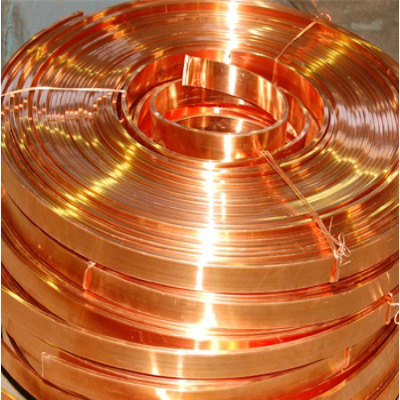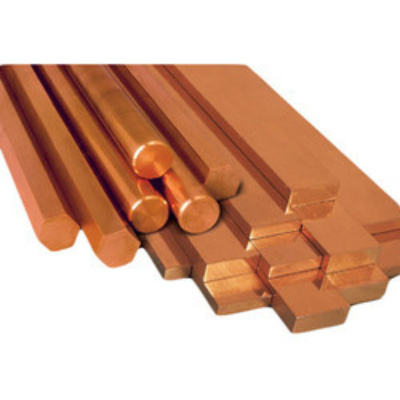Copper wire plays a vital role in various sectors, including construction, electrical, and telecommunications. As one of the most sought-after metals, its availability and price have a significant impact on multiple industries worldwide. In this blog post, we'll explore the current scenario of copper wire prices in Bangladesh, shedding light on the factors that influence its fluctuation and the implications for different sectors.
Understanding Copper Wire PricingCopper wire pricing is subject to various factors, both global and domestic, that contribute to its volatility. The price of copper wire is primarily influenced by:

Global Market Conditions: The global demand and supply dynamics of copper significantly impact its price. Factors such as economic growth, industrial production, and geopolitical events affect the demand for copper wire on an international scale. Any disruptions or changes in these areas can cause price fluctuations.
Commodity Market: Copper is traded as a commodity in international markets, and its price is determined by the forces of supply and demand. The London Metal Exchange (LME) is one of the leading platforms where copper futures contracts are traded, affecting its global price.
Currency Exchange Rates: As copper wire is traded globally, fluctuations in currency exchange rates can influence its price in Bangladesh. A stronger Bangladeshi Taka (BDT) relative to major currencies can lower the cost of importing copper, while a weaker BDT can drive up prices.
Domestic Demand and Supply: The demand for copper wire within Bangladesh plays a significant role in determining its price. Factors such as infrastructure development, construction projects, and the growth of the electrical and telecommunications sectors directly impact the demand for copper wire in the country.
 Current Scenario in Bangladesh
Current Scenario in BangladeshIn recent years, the copper wire price in Bangladesh has experienced fluctuations due to various reasons:
Global Copper Market: Changes in global copper prices, driven by factors like supply disruptions, increased demand from emerging economies, and global economic conditions, directly affect the price of copper wire in Bangladesh. Any significant shifts in these global trends are likely to be reflected in local prices.
Domestic Infrastructure Development: Bangladesh has witnessed substantial infrastructure development projects in recent years, including power plants, railways, and telecommunications networks. These projects have significantly increased the demand for copper wire within the country, putting upward pressure on prices.
Import Costs and Tariffs: Bangladesh relies on imports for its copper wire requirements. Changes in import costs, including transportation expenses, duties, and tariffs, can impact the overall price of copper wire in the country. Regulatory measures or changes in trade policies may also influence the pricing dynamics.
Exchange Rate Fluctuations: Currency exchange rate fluctuations, particularly with major trading partners, can have a significant impact on copper wire prices. A stronger BDT can reduce import costs, while a weaker BDT can increase them.
Implications for Various SectorsThe fluctuating copper wire prices in Bangladesh have implications for several key sectors:
Construction Industry:
Copper wire is widely used in the construction industry for electrical wiring, plumbing, and HVAC systems. Price fluctuations can affect project costs and may lead to adjustments in budgeting and procurement decisions.
Electrical Sector: Copper wire is a primary material used in electrical applications. The price volatility can impact manufacturing costs, potentially influencing the prices of electrical appliances and equipment.
Telecommunications Industry: Copper wire is crucial for telecommunications infrastructure, including internet connectivity and telephone networks. Fluctuating prices may affect the expansion and maintenance of these networks, which could impact communication services.
ConclusionThe price of copper wire in Bangladesh is subject to various global and domestic factors, including global market conditions, commodity trading, currency exchange rates, and domestic demand and supply dynamics. Understanding these factors is essential for stakeholders in the construction, electrical, and telecommunications sectors to make informed decisions and adapt to price fluctuations. Keeping a close eye on global trends, local market conditions, and policy changes can help mitigate risks and manage costs effectively in an environment of changing copper wire prices.

